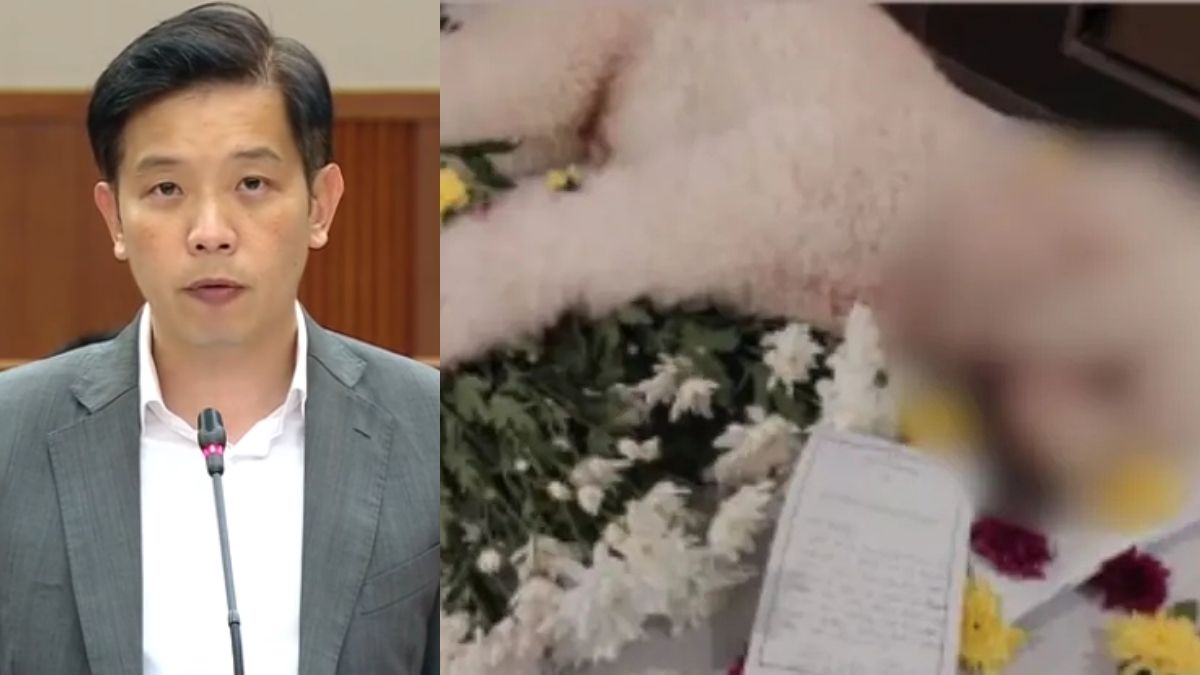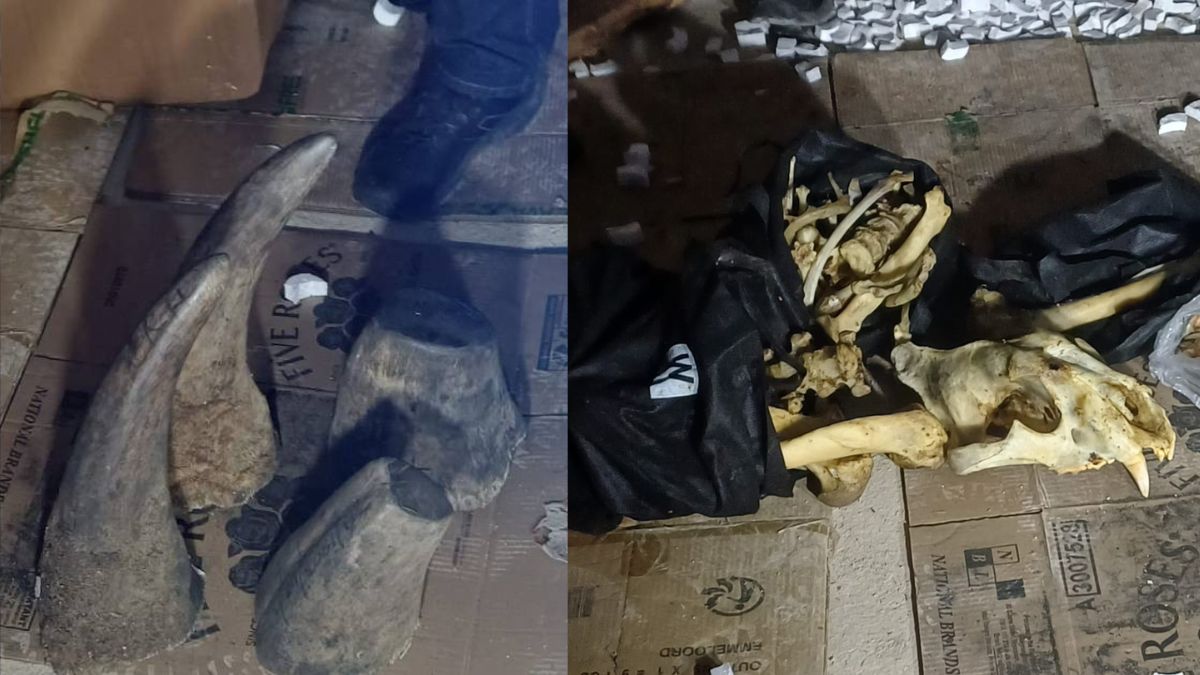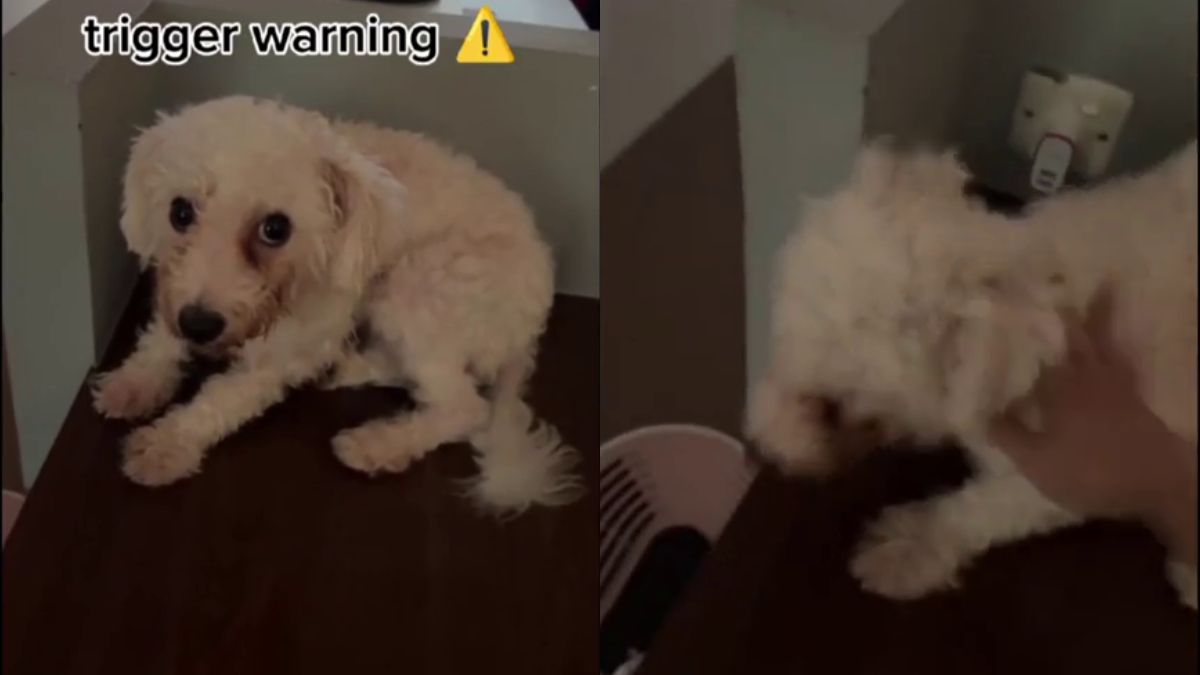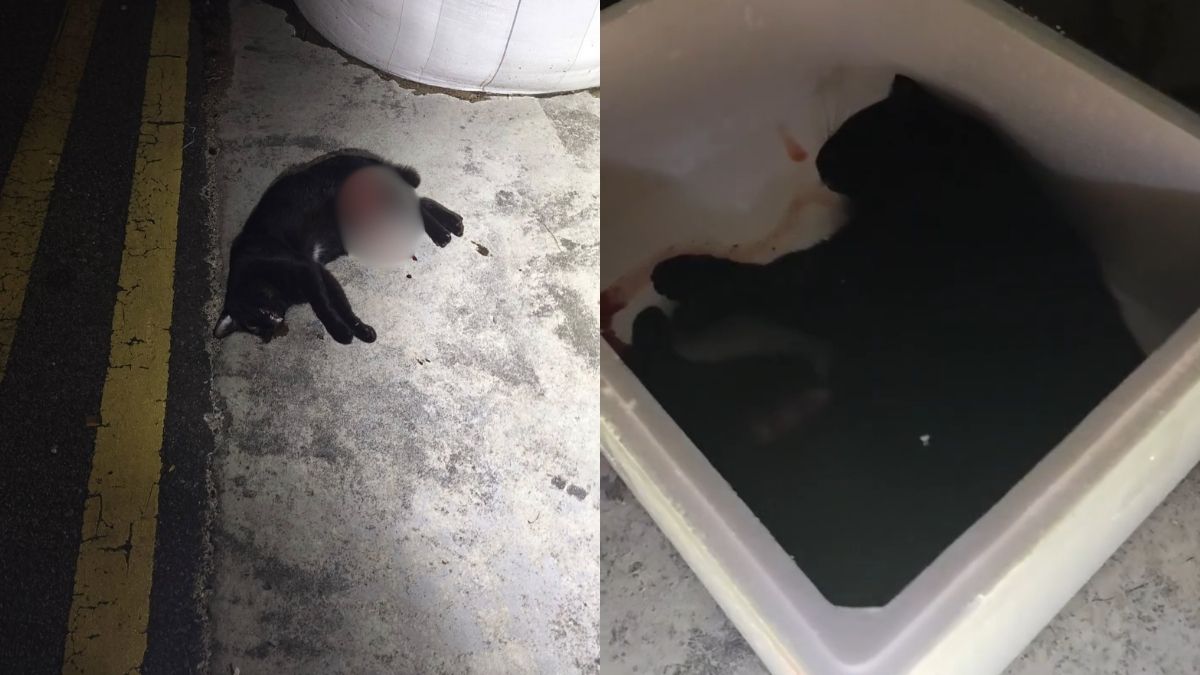Cremation held for Baby Boy, the stray dog at heart of Seletar trapping controversy
About 20 people gathered on Saturday to witness the cremation of Baby Boy, a stray dog that died on Friday after being rescued from an NParks trapping operation. The cremation, carried out by Causes for Animals Singapore (CAS), marked a solemn farewell to a dog at the centre of national debate.

A quiet cremation ceremony was held on the afternoon of Saturday, 22 November 2025, for Baby Boy, the stray dog whose death one day earlier triggered a wave of grief and renewed national scrutiny over the handling of community animals in Singapore.
The cremation, conducted by Causes for Animals Singapore (CAS), took place with about 15 to 20 people in attendance. Volunteers, feeders, and advocates stood in silence as the dog — also known as Fluffy — was laid to rest.
Baby Boy had been one of three dogs captured on 14 November at Seletar West Farmway 8, during a government-supervised operation led by the Animal and Veterinary Service (AVS), a division under the National Parks Board (NParks).
Baby Boy remained under AVS care from 14 to 21 November.
During this period, AVS said it observed him to be alert and generally well, though he walked with a limp. Blood tests conducted during this time indicated moderate anaemia and some underlying inflammation, according to AVS’ community animal management group director, Dr Anna Wong, as cited by local media.
He died on 21 November, shortly after being handed over to CAS for rehoming under the Trap-Neuter-Rehome/Release-Manage (TNRM) programme. According to CAS, Baby Boy went into cardiac arrest while under sedation at a private veterinary clinic.
CAS chose not to proceed with a post-mortem examination, stating that it would have meant returning the body to AVS, something the group said would be distressing after the dog’s prior ordeal. "He’s already been through more than any old farm dog should," it said in a Facebook statement.
The dog’s ashes will be passed to one of the feeders who had cared for him, with CAS confirming arrangements are ongoing to determine whether the ashes will be scattered at the nursery grounds where Baby Boy once roamed.
Volunteer Ethan, who was present at the cremation, said the case served as a reminder of how animals are often overlooked in national discourse.
“It’s not only humans that live on this country, earth and planet,” he said.
“We should live cohesively with other living beings. When people relate to animals, especially street animals, with empathy, we can build a better society. The authorities must ask why incidents like this happen — and choose to do better.”
The cremation took place against the backdrop of escalating debate about AVS’s conduct during the 14 November operation.
NParks said the intervention followed four dog-biting incidents reported between May and November. According to AVS group director Dr Anna Wong, the dogs were not owned by the farm where they were found, and the farm had requested their removal.
AVS said the use of restraining poles and force was necessary due to the dogs’ aggression, and that all methods used adhered to internationally recognised animal welfare standards.
However, video footage from the operation showed dogs being pinned, choked, and dragged, prompting backlash from animal lovers and advocates.
On 18 November, a coalition of ten leading animal welfare organisations — including the Society for the Prevention of Cruelty to Animals (SPCA), Chained Dog Awareness Singapore (CDAS), Causes for Animals Singapore (CAS), SOSD, Action for Singapore Dogs Society (ASD), and MercyLight Animal Rescue and Sanctuary (MARS) — issued a joint statement strongly condemning the operation.
They described the methods as “traumatising”, “unjustifiably forceful”, and falling “far below humane standards.” The statement directly contradicted AVS’s claim that the tools and techniques used were within acceptable norms.
“We are deeply concerned about NParks/AVS’ recent handling of the street dogs at Seletar West Farmway 8,” the coalition wrote.
“While we understand the need to act on a reported biting incident, the level of force used — choking, dragging, and misuse of the catchpole — contradicts NParks’ own advocacy for positive training.”
The groups added that traumatic handling complicates rehabilitation efforts, and that shelters and feeders are often left to “rebuild the trust that gets destroyed in minutes.”
The statement called for systemic reform, including:
-
A full review of AVS protocols around dog capture, particularly the use of force.
-
Mandatory training and certification for trapping contractors.
-
Enforcement of accountability standards for humane handling.
-
Greater collaboration with experienced animal welfare group practitioners.
-
Legal recognition of animals as sentient beings in enforcement contexts.
The coalition said that while public safety is important, it should not come at the cost of compassion. “Let’s prove that Singapore can achieve safe outcomes through skill, patience, and kindness,” they urged.
Meanwhile, the remaining two dogs captured during the same operation are reportedly still under AVS care and in stable condition.
For those gathered at Baby Boy’s cremation, the final farewell served as both a tribute and a call to action — a moment to reflect not only on the life lost but on the lives still at stake.











